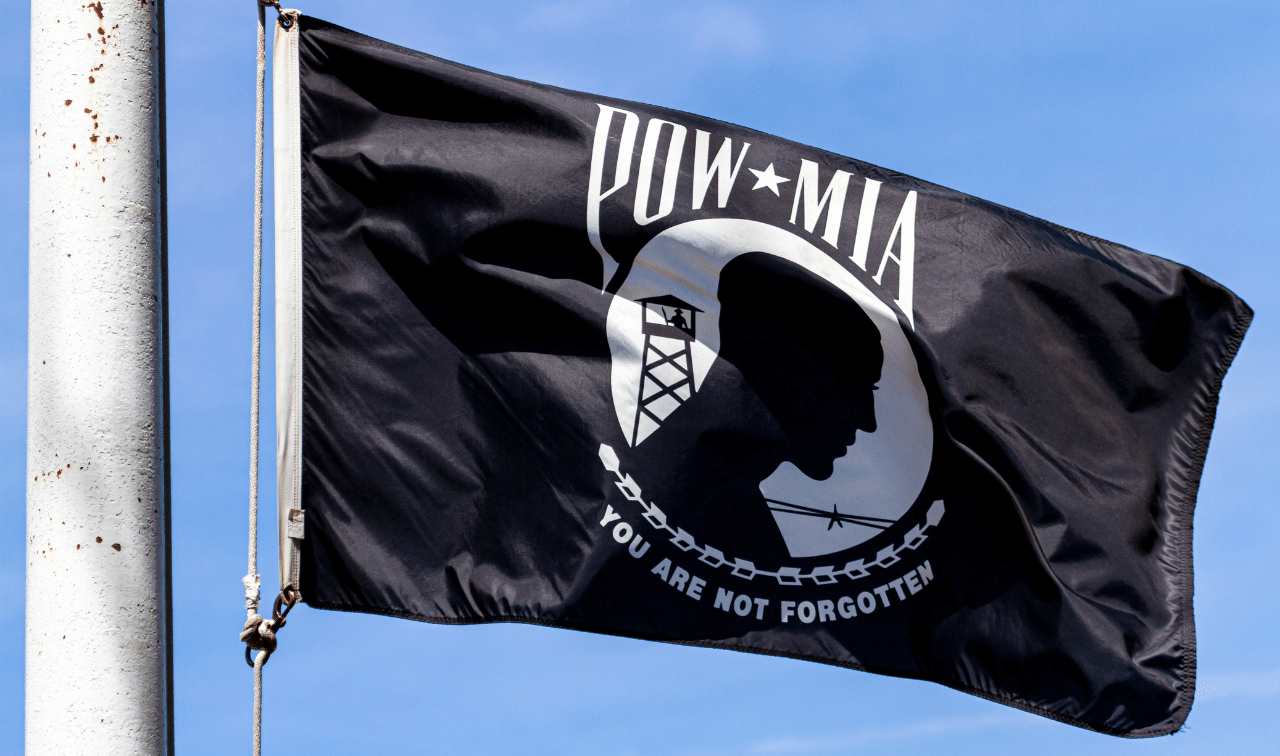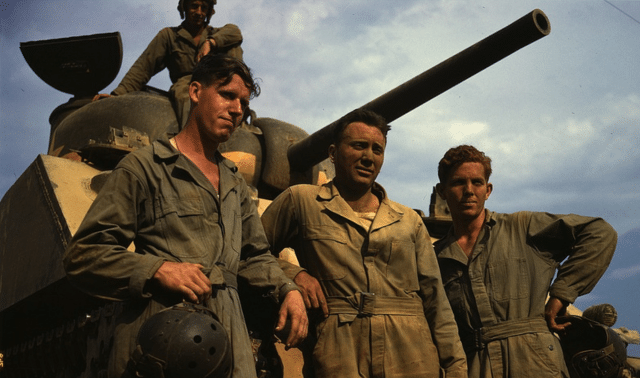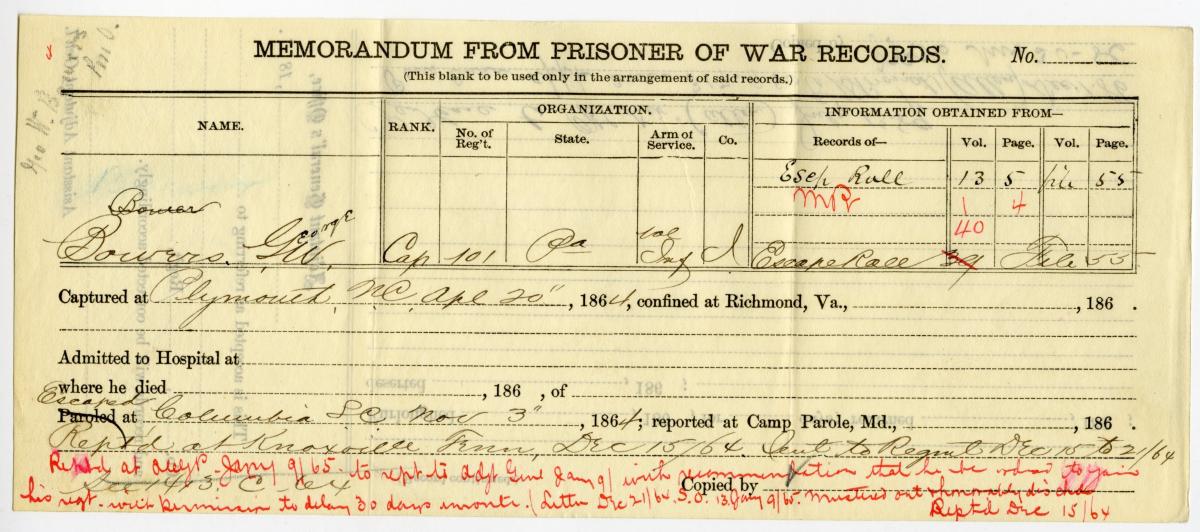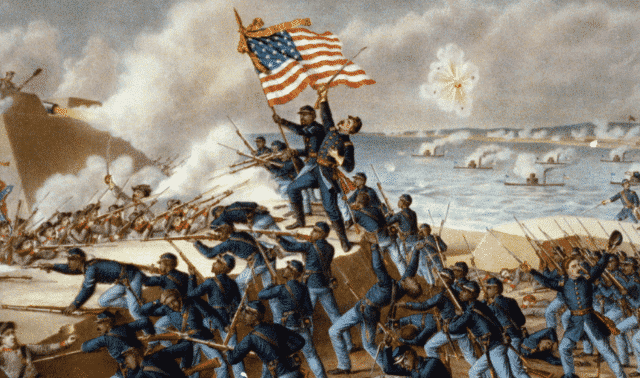1622-1644 * Powhatan Wars Jamestown settlers and Powhatan Indians clash several times.
1637 * Pequot War Pequot Indians and Puritan settlers battle in the Connecticut River Valley region.
1675-1676 * King Philip’s War Indian leader Metacomet (known as King Philip) organizes several New England tribes in a revolt against Colonial expansion.
1676 * Bacon’s Rebellion Nathaniel Bacon leads two unauthorized expeditions against American Indians.
1677-1679 * Culpeper’s Rebellion Albemarle, Carolina-area colonists imprison the deputy governor, convene their own legislature and run the government.
1689-1697 * King William’s War The French and their Indian allies attack British settlements in New York, New Hampshire and Maine.
1689-1691 * Leisler’s Rebellion Militia captain Jacob Leisler proclaims himself governor of New York and tries to organize an expedition against French Canada.
1702-1713 * Queen Anne’s War French and Indians attack British settlements including Deerfield, Mass. The British capture Acadia (later renamed Nova Scotia).
1711-1713 * The Tuscarora War Tuscarora Indians attack settlers living along North Carolina’s Neuse and Pamlico rivers. Colonists end the uprising aided by troops and Yamasee Indians from South Carolina.
1715-1716 * Yamasee War Fed up with dishonest deerskin traders, the Creek, Yamasee, Apalachee, Savannah and Sarraw attack South Carolina settlements.
1739-1742 * War of Jenkins’ Ear England declares war on Spain as both nations try to expand their interests in America. Fighting ends in a stalemate.
1744-1748 * King George’s War French, Indians and Spanish fight the British from French Canada to the Caribbean Sea.
1754-1763 * French and Indian War British regulars and American colonials square off against the French and their Indian allies. The capture of Quebec ends French rule in Canada.
1760-1762 * Cherokee uprising A breakdown in relations between the British and Cherokee leads to fighting in Tennessee, Virginia and the Carolinas.
1763-1766 * Pontiac’s War Led by Pontiac, the Ottawa, Wyandot, Pota-watomi and Ojibwa attempt to drive British settlers out of former French territories.
1763-1764 * Paxton Boys Uprising Pennsylvania frontiersmen march on Philadelphia and raid the Conestoga Indians.
1765-1766 * Stamp Act Revolt The Sons of Liberty resist the Stamp Act, which the British repeal in March 1766.
1768-1771 * Regulator War Colonists in western North Carolina fight government officials and militia troops.
1770 * Boston Massacre British soldiers kill five Boston residents.
1773 * Boston Tea Party Colonists dressed as Indians board ships in Boston Harbor and dump tea into the water.
1774 * Lord Dunmore’s War Shawnee Indians fight Virginia settlers over colonists’ expansion into the Appalachians.
1775-1783 * American Revolution The 13 Colonies fight for independence from Great Britain.
1786-1787 * Shays’ Rebellion Suffering from a harsh economy, Massachusetts farmers march on Springfield; the state militia defeats the uprising.
1790-1812 * Ohio Valley campaigns US forces fight sporadic battles with Miami, Shawnee and other tribes in present-day Ohio, Indiana and Illinois.
1794 * Whiskey Rebellion Western Pennsylvanians protest the government’s new tax on whiskey.
1798-1800 * Quasi-war with France French privateers prey on US merchant vessels, prompting an undeclared naval war between the United States and France.
1801-1805 * First Barbary War The US attacks the Barbary state of Tripoli after refusing to pay tribute to pirates.
1812-1814 * War of 1812 The United States takes on British forces, which burn Washington, DC.
1815 * Second Barbary War Algiers declares war on the United States.
1817-1818 * First Seminole War Conflict begins after US authorities try to reclaim runaway black slaves living among the Seminoles.
1832 * Black Hawk War Illinois and Wisconsin militia, supported by the US Army, take on the Sauk, Fox, Win-nebago, Sioux and Chippewa tribes.
1835-1842 * Second Seminole War War erupts after Seminoles refuse to relocate west of the Mississippi River.
1836 * War of Texas Independence American settlers in Texas fight Mexico for independence.
1838-1839 * Trail of Tears US soldiers relocate Cherokee Indians from eastern states to territory in what’s now Oklahoma. More than 4,000 Cherokee die during the journey.
1838-1839 * Aroostook War Maine farmers and Canadian lumbermen clash over territory along the border.
1839-1846 * Anti-rent War New York farmers rebel against a feudal landowner system.
1842 * Dorr Rebellion An attempt to reform Rhode Island’s 1663 charter, which gives only landowners the right to vote, becomes an armed uprising.
1846-1848 * Mexican War Mexico cedes present-day California, New Mexico, Arizona, Colorado, Utah and Nevada to the United States.
1864-1868 * Navajo wars After a series of treaties fails, Col. Kit Carson begins a scorched-earth policy that forces the Indians to surrender.
1855-1858 * Third Seminole War The Seminole Indians are defeated and moved from Florida.
1857-1858 * Utah War President Buchanan sends troops to enforce his appointment of a non-Mormon governor.
1860-1900 * Plains and Western Indian wars Western states witness conflicts between US settlers and American Indian inhabitants.
1861-1865 * American Civil War Southern states secede over states’ rights and slavery issues. The North fights to keep the Union intact.
1866-1871 * The Fenian War An Irish-American movement launches five unsuccessful raids in Canada.
1898 * Spanish-American War America declares war on Spain and launches offensives in Cuba and the Philippines.
1899-1902 * Philippine Insurrection US ground troops clash with Filipino freedom fighters.
1900 * Boxer Rebellion The United States is part of an international force that ends a siege of Beijing.
1898-1934 * The Banana Wars Marines deploy to quell revolts in Haiti, the Dominican Republic, Nicaragua, Panama and Cuba.
1916-1917 * Pancho Villa Expedition Thousands of US troops enter Mexico in pursuit of the bandit and revolutionary Pancho Villa.
1917-1918 * World War I More than 4 million Americans serve in the “The Great War.”
1919-1920 * Russian Revolution US forces deploy to Vladivostok and Siberia to support anti-Bolshevik forces.
1941-1945 * World War II More than 16 million Americans fight in Europe, North Africa and the Pacific.
- US Military Records Family Tree University Independent Study course download
- Online Military Records: Document Your Ancestor’s Service on-demand webinar
- Step-by-Step Guide: Civil War Genealogy Research




